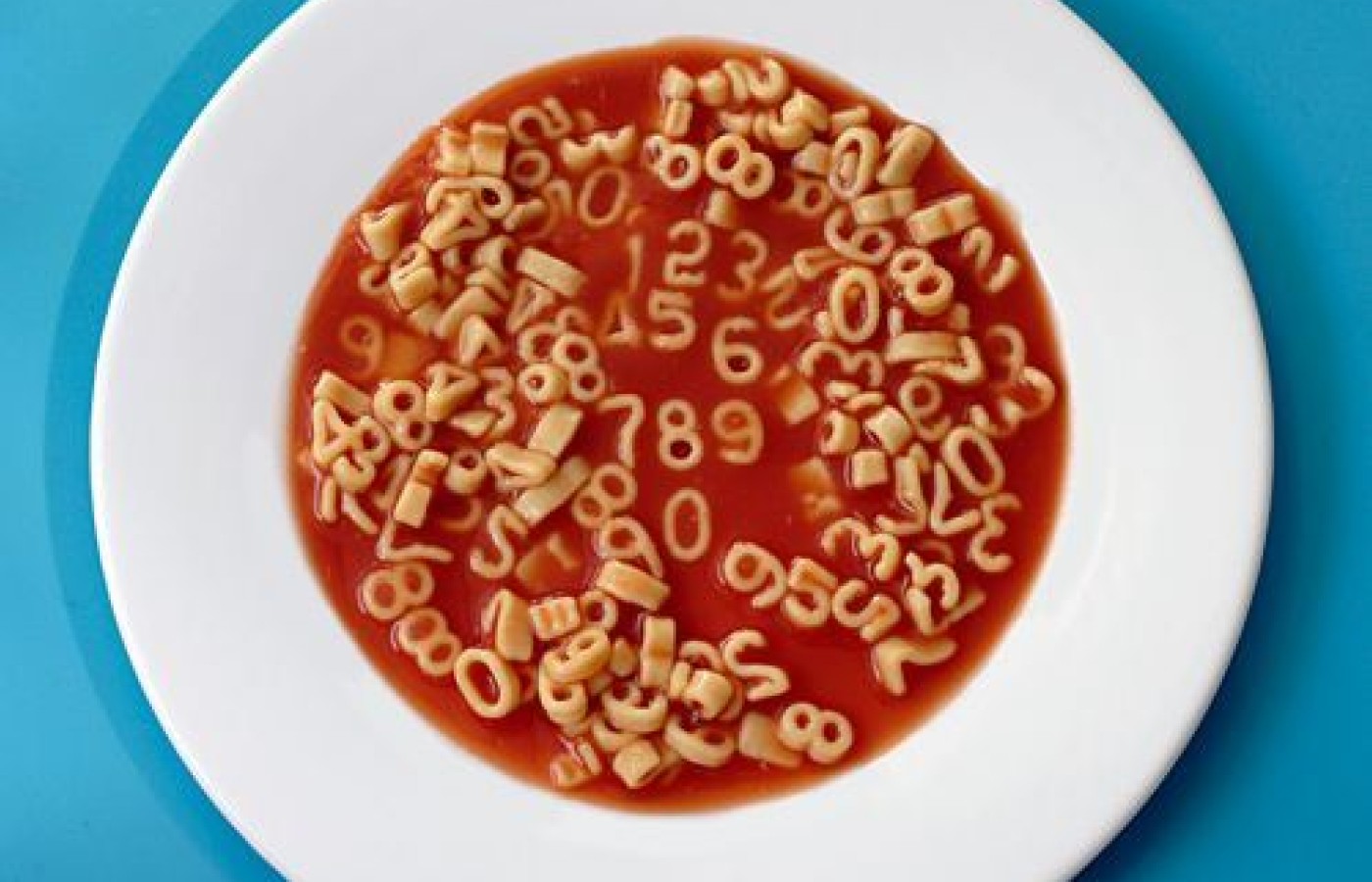It’s a new year and many chiropractors are evaluating what will enhance their respective practices, particularly as it relates to their bottom line. One of the most common questions I get is: “Do I need to be credentialed to bill insurance, and what are the best plans to join?” It’s a loaded question – but one every DC ponders. Whether you're already in-network or pondering whether to join, here's what you need to know.
Exercise, Protein or Calories: Which Matters Most for Weight Loss?
In a study designed to measure nitrogen balance, there were some interesting incidental findings regarding exercise, weight loss, calories and protein.1 Researchers recruited 22 fit males for a 12-day study. Unlike most studies of this type that depend on questionnaires to track unsupervised periods, these volunteers spent 24 hours a day in a research dormitory. The first four days confirmed the caloric intakes and energy expenditures that were established prior to the experiment. Subjects were then divided into three energy groups and for seven consecutive days, their activity levels were increased over individual baselines by 1,000 calories (done in 15-minute blocks of different exercises throughout the day):
- Neutral-energy group (NE): Consumed 1,000 extra calories a day above their established baseline of approximately 3,500 calories a day, with a protein intake of 1.0 grams per kilogram of body-weight per day (g/kg/bw/d).
- Low-energy group (LE): Normal diet of approximately 3,600 calories with 1.0 g/kg/bw/d of protein.
- Low-energy, high-protein group (LEHP): Normal diet of approximately 3,900 calories with 1.8 g/kg/bw/d of protein.
The subjects in this study lost weight by burning more calories, rather than eating fewer calories. Table 1 shows that the low-energy, high-protein group lost less muscle, more fat and more weight than the low-energy group (with identical calorie totals and activity levels) that contained less protein. This supports what we already know about the metabolic cost and muscle-protecting effects of protein.2
| TABLE 1:Results in Pounds Based on Energy Intake | |||
| EnergyGroup | Body Weight | Lean Mass | Fat Mass |
| Neutral energy | -2.0 | -1.3 | -0.4 |
| Low energy | -5.3 | -3.5 | -2.0 |
| Low energy, high protein | -5.9 | -2.9 | -2.9 |
The result ranges in Table 2 show that not every subject in the low-energy, high-protein group lost less muscle and more fat than every subject in the low-energy, normal-protein group. And both tables show that every person in the neutral-energy group also lost weight (the study was not mathematically designed for that to happen). Either the post-exercise metabolic activity was higher or the caloric intake was lower than the researchers' calculations, measurements and/or models indicated.
| TABLE 2:Results Ranges in Pounds Based on Energy Intake | |||
| EnergyGroup | Body Weight | Lean Mass | Fat Mass |
| Neutral energy | -1.3 to -2.7 | -1.3 to -2.1 | +0.3 to -1.1 |
| Low energy | -4.3 to -5.7 | -2.6 to -4.4 | -1.3 to -2.7 |
| Low energy, high protein | -5.0 to -6.8 | -2.2 to -3.6 | -2.2 to -3.6 |
Furthermore, even though the neutral-energy group consumed less protein than the low-energy, high-protein group did, the extra calories protected more muscle than the extra protein did.

Take-Home Points
In conclusion, based on this small study, the low-energy diet with higher protein did appear to increase thermogenesis and preserve muscle at the expense of fat compared to the low-energy diet with normal protein levels. Conversely, the differences between the low-energy groups were smaller than the differences between either low-energy group and the neutral-energy group. In other words, a calorie is not a calorie and does differ depending on its source – but total calories still exert a larger influence than the total of a calorie source does.
This not surprising; checking out the weight-loss section in any bookstore proves it. Simply look around and you will see best-sellers that advocate high protein, low protein, high carbohydrate, low carbohydrate, high fat, low fat and every combination in between. The reason so many seemingly contradictory approaches claim to be successful is because they are – as long as a person pays enough attention to follow the plan that, one way or another, prevents energy intake from exceeding energy output.
References
- Pikosky MA, Smith TJ, Grediagin A, et al. Increased protein maintains nitrogen balance during exercise-induced energy deficit. Med Sci Sport Exer, 2008;40(3):505-512.
- Halton TL, Hu FR The effects of high protein diets on thermogenesis, satiety and weight loss: a critical review. J Am Coll Nutr, October 2004;23(5):373-385.



